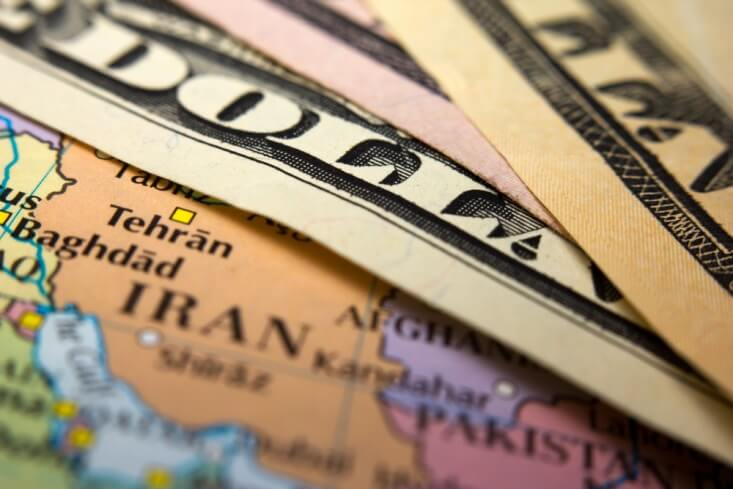
Iraq Currency: A Shift Towards De-dollarization
The currency landscape in Iraq is undergoing a significant transformation as the nation takes bold steps to reshape its financial future. In a move aimed at curbing financial crimes and evading US sanctions on Iran, Iraq is set to ban cash withdrawals and transactions in US dollars starting from January 1, 2024. This decisive step represents a critical turning point for a country that has long been heavily reliant on the greenback. We delve into the implications and motivations behind Iraq’s decision to reevaluate its currency system.
Dollars Today, Dinar Tomorrow: The De-dollarization Drive
Iraq’s decision to end cash withdrawals in US dollars is rooted in the need to combat the misuse of its hard currency reserves and address the evasion of US sanctions on Iran. With approximately $10 billion imported in cash annually from the New York Federal Reserve, the misuse of around 50% of this substantial sum has become a pressing concern for the Iraqi government.
Mazen Ahmed, director-general of investment and remittances at the Iraqi Central Bank (CBI), highlights that this move is part of a broader initiative to de-dollarize Iraq’s economy. This transformation stems from the population’s wariness of recurring crises since the 2003 US invasion.
Transitioning to the Dinar: Implications for Citizens and Businesses
As the ban on cash withdrawals in US dollars looms, important implications exist for individuals and businesses operating in Iraq. Citizens who deposit dollars into banks before the end of 2023 will retain the ability to withdraw funds in dollars throughout 2024. However, from 2024 onwards, withdrawals can only be made in the local currency, the Iraqi dinar, at the official exchange rate of 1,320 dinars to the dollar. It’s noteworthy that the parallel market rate for the Iraqi dinar stands at 1,560 dinars to the dollar, approximately 15% lower than the official rate.
This shift to the dinar presents both challenges and opportunities. Individuals can obtain dollar-denominated cards for domestic use at the official exchange rate, providing flexibility in their financial transactions. For cash withdrawals, they will need to adapt to using dinars, marking a significant change in everyday financial practices.
The Road to a Secure Financial System
Iraq has already taken significant strides to secure its financial system. A platform regulating wire transfers, established in collaboration with US authorities, has substantially reduced fraudulent transactions that funnelled dollars to countries like Iran and Syria, both under US sanctions. This system, closely monitored and nearly airtight, ensures that legitimate trade activities, such as food and consumer goods imports, receive dollars at the official rate, further solidifying Iraq’s commitment to complying with international financial norms.
Despite these efforts, the misuse of cash withdrawals persists, with some individuals exploiting the system. This issue has prompted banks to limit cash withdrawals in recent months, exacerbating the parallel market exchange rate’s rise. Factors such as concerns over the financial system’s stability and banks’ provision of dollar-denominated loans paid back in dinars have contributed to dollar shortages.
Iraq’s Financial Evolution
Iraq’s decision to ban cash withdrawals in US dollars reflects a significant shift in its economic landscape. This move, motivated by a desire to combat financial crimes and evade US sanctions, signals the nation’s determination to reduce its reliance on the greenback. As the transition to the dinar unfolds, Iraqis and businesses will need to adapt to the new financial reality, and the country will continue to work towards building a secure and resilient financial system. While the dinar may lose some value in the process, it is seen as an acceptable trade-off for the formalisation and stabilisation of Iraq’s economy. As these changes take effect, Iraq’s financial future holds both challenges and opportunities for its citizens and businesses.



